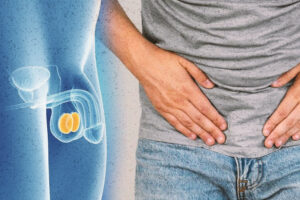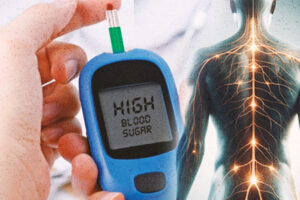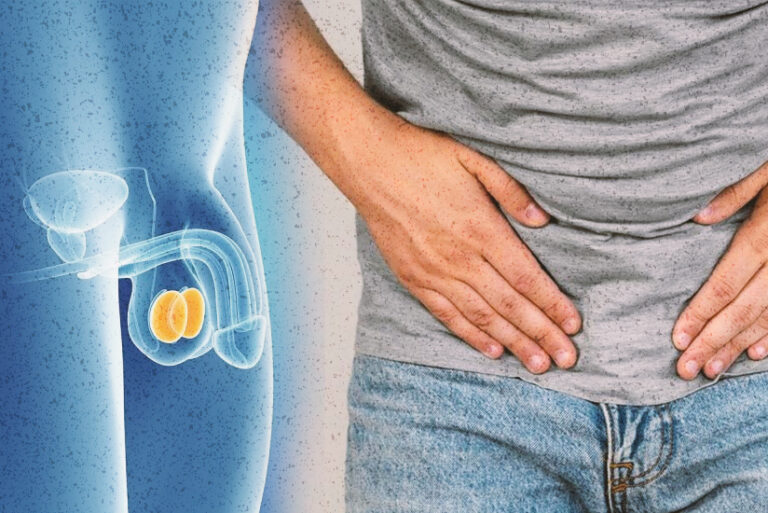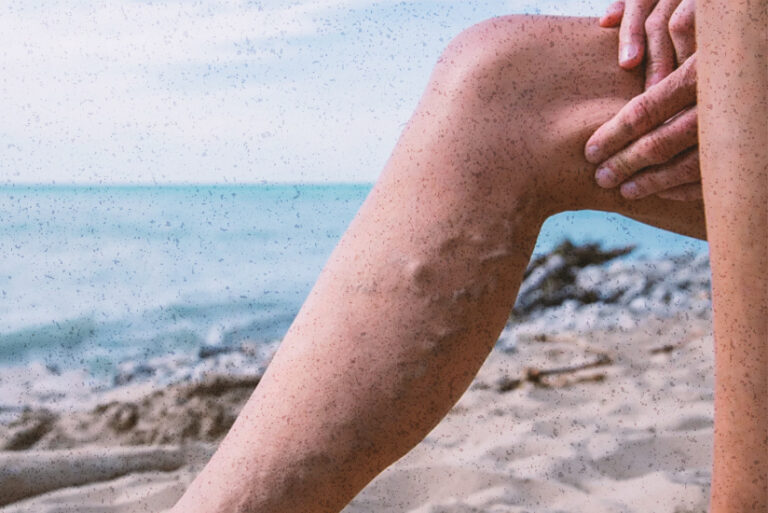By Henrylito D. Tacio
One good way to avoid heart disease is by getting a good night’s sleep each day. “Sleep deprivation may potentially increase risk for the development of cardiovascular problems,” said Dr. Rafael R. Castillo, a consultant cardiologist at the Manila Doctors Hospital.
Cardiovascular disease (CVD) was singled out as a “major cause of morbidity and mortality in the world” in a report published in 2014 yet. It predicted that it “will become the leading cause of death and disability worldwide” in the coming years.
The disease is an umbrella term, constituting a wide range of fatal expressions including heart attack, myocardial infarction, acute coronary syndrome, congestive heart failure, strokes, kidney disease, and peripheral vascular disease.
In the Philippines, CVD accounts for 30% of all deaths. “The death toll from CVDs in the country is about one every 7 minutes,” stressed Dr. Philip S. Chua, one of the country’s top cardiologists.
Risk factors
Dominant risk factors for CVD may either be modifiable or non-modifiable, according to A Race Against Time, a report which examined the social and economic impact of CVDs around the globe.
Non-modifiable risk factors include age, gender, and genetic predisposition. The most important modifiable risk factors are tobacco smoking, high blood pressure, elevated blood lipids (hyperlipidemia), obesity, and lack of exercise.
Not having enough sleep at night is another risk factor for heart disease, recent studies have shown. A sleep deficit, physiologic studies suggest, may put the body into a state of high alert, increasing the production of stress hormones and raising blood pressure – a major risk factor for heart attacks and strokes.
Moreover, people who are sleep-deprived have elevated levels of substances in the blood that indicate a heightened state of inflammation in the body, which has also recently emerged as a major risk factor for heart disease, stroke, cancer, and diabetes.
Pathophysiology
“Based on our findings, we believe that if you lose sleep that your body needs, then you produce these inflammatory markers that on a chronic basis can create low-grade inflammation and predispose you to cardiovascular events and a shorter life span,” explained Dr. Alexandros Vgontzas of Pennsylvania State University, who presented data at a scientific meeting in the United States indicating that naps can help counter harmful effects of sleep loss.
For the uninformed, a nap is a short period of sleep, typically taken during daytime hours as an adjunct to the usual nocturnal sleep period. Naps are most often taken as a response to drowsiness during waking hours.
Other studies have found that sleep influences the functioning of the lining inside blood vessels, which could explain why people are most prone to heart attacks and strokes during early morning hours.
“We’ve really only scratched the surface when it comes to understanding what’s going on regarding sleep and heart disease,” pointed out Dr. Virend Somers of the Mayo Clinic in Rochester, Minnesota. “I suspect as we understand more about this relationship, we’ll realize how important it really is.”
Studies on sleep and CVDs
According to a study in the Journal of the American Medical Association’s Archives of Internal Medicine, cutting back on sleep could increase the risk of heart disease. The study showed that sleeping less than 7.5 hours a night was associated with a 33% higher rate of cardiovascular incidents such as strokes and heart attacks.
Japanese researchers monitored the sleep of 1,255 people with hypertension for an average of 50 months. They tracked daytime and nighttime blood pressure, sleep duration, and cardiovascular disease events such as stroke, heart attack, and sudden cardiac arrest.
They recorded incidents of cardiovascular disease and found the rate among those who slept less than 7.5 hours was 2.4 per 100 person-years. Those who got more sleep had an incident rate of 1.8 per 100 person-years.
Subjects whose blood pressure rose at night also were more prone to heart disease, the study found. Another study done by Columbia University showed that sleeping less than five hours doubles the risk of high blood pressure. “Two in every 10 Filipino adults 20 years and over, are hypertensive,” according to the Food and Nutrition Research Institute.
About half of 12.6 million Filipinos with hypertension are not aware of their condition until they begin to suffer illnesses that have associated complications with hypertension. “Hypertension per se does not kill but the complications are the ones that disable and kill a hypertensive,” said Dr. Castillo.
Sleep apnea
Some people believe that snoring is a good sign of a sound sleep. Actually, snoring is one of the symptoms of sleep apnea, a sleep disorder in which pauses in breathing or periods of shallow breathing during sleep occur more often than normal.
“The person literally stops breathing,” explained Dr. Earl Dunn, a Canadian professor of family medicine at the Sunnybrook Medical Center Sleep Laboratory in Toronto. “People who are heavy snorers, who stop snoring at night, can have episodes where they are not breathing.”
Sufferers awake – usually without realizing it – to restart their breathing. That continual arousal interferes with the quality of sleep, said Dr. Adrian Siew Ming Saurajen, a consultant at the Ear, Nose, Throat and Snoring Center of the Mt. Elizabeth Medical Center in Singapore.
A study suggests that sleep apnea may be linked with an increased risk of stroke in middle-aged and older adults, especially men. The researchers based their conclusion on an analysis of 5,422 participants for an average of about nine years.
During the study, 193 participants had a stroke – 85 men (of 2,462 men enrolled) and 108 women (out of 2,960 enrolled), reported by the American Journal of Respiratory and Critical Care Medicine.
After adjusting for several cardiovascular risk factors, the researchers found that the effect of sleep apnea on stroke risk was stronger in men than in women. In men, a progressive increase in stroke risk was observed as sleep apnea severity increased from mild levels to moderate to severe levels. In women, however, the increased risk of stroke was significant only with severe levels of sleep apnea.
The researchers suggest that the difference between men and women might be because men are more likely to develop sleep apnea at younger ages. Therefore, they tend to have untreated sleep apnea for longer periods of time than women.
“Our findings provide compelling evidence that obstructive sleep apnea is a risk factor for stroke, especially in men,” noted lead author Susan Redline, professor of medicine, pediatrics and epidemiology and biostatistics, at Case Western Reserve University in Cleveland, Ohio. “Overall, the increased risk of stroke in men with sleep apnea is comparable to adding 10 years to a man’s age. Importantly, we found that increased stroke risk in men occurs even with relatively mild levels of sleep apnea.”
How much and how often
Experts disagree on how much sleep you need to stay healthy. The idea that you can train yourself to sleep for just a few hours a night is a matter of debate. A good night’s sleep means waking up rested and energized.
The Daily News reported that former American president Donald Trump sleeps only three to four hours each night. Fashion designer and director Tom Ford sleeps only three hours a night. Tim Armstrong, chief executive officer (CEO) of AOL, tries to get six hours of sleep a night.
Helena Morrissey, CEO of Newton Investment Management, admitted to The Guardian that she gets five to six hours of sleep each night and added that she “feels a bit sleep deprived.” Less than four hours of sleep a night is what Martha Stewart gets, according to CNN Money.
On average, a healthy adult needs between six and eight hours of sleep a night, according to Dr. Ravi Seshadri, a sleep expert and clinical director of MD Specialist HealthCare at the Paragon Medical Center in Singapore.
However, the amount of sleep it takes to achieve rejuvenation varies from person to person. “It’s not a fixed number,” said Dr. Patrick Gerard Moral, head of the sleep and snore diagnostic and treatment unit of the University of Santo Tomas.
He added that length is not only the important factor in sleeping but the quality as well. Also, people who lose sleep every night will suffer from what he calls sleep debt. “The sleep debt is compounded over a prolonged period and recovery will take much longer than the actual hours lost,” Dr. Moral explained. – ###









One Response
Your style is so unique in comparison to other folks I have read stuff from Thanks for posting when you have the opportunity, Guess I’ll just book mark this page